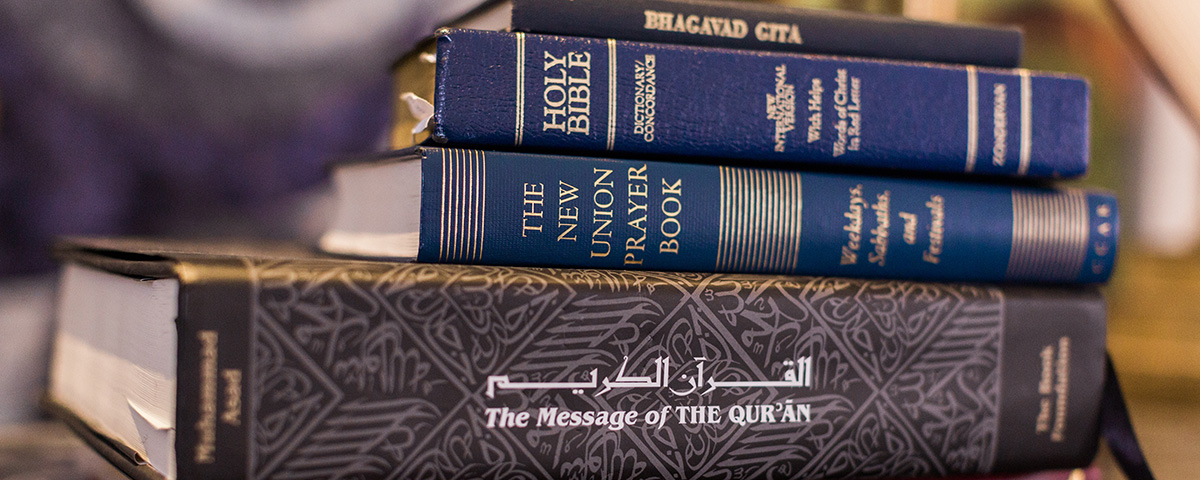Pre-Sem, Mentoring, & Ministry as Vocation

Cornell has a long history of preparing students for theological education and religious vocation. Students interested in exploring graduate school options can search the links below for accredited member schools of the Association of Theological Schools. These graduate schools of theology educate persons for the practice of ministry, for a range of church-related professions, and for teaching and research in the theological disciplines. They include Anglican, Protestant, Roman Catholic, and Orthodox graduate schools of theology and reflect a broad spectrum of doctrinal, ecclesiastical, and theological perspectives.
You can search by keyword, denominational / tradition or location.
For helpful information how to select a theological school, what theological education is all about, and how one discerns a vocational call to ministry, visit with the college chaplain, and contact your denomination for more information.
Pre-Theology / Ordained Ministry preparation while at Cornell
Most religious groups and denominations require a graduate professional degree from an accredited seminary or divinity school for entrance into ordained ministry. The American Association of Theological Schools encourages prospective candidates to present a wide variety of courses in humanities, social sciences, language, and science which reflects a broad appreciation for the human community.
There is no prescribed pre-theological curriculum, but students moving toward ordained ministry will find that courses in English, history, psychology, religion, and sociology provide solid background for graduate courses related to ministry. Some students create individualized majors combining work in several departments, capped by an internship. Students considering ordained ministry should contact their tradition or denomination to secure any special recommendations for their course of study, and the steps to follow in order to be recognized as a candidate for ordination.
Most seminaries and divinity schools expect that applicants for the Master of Divinity degree are connected with a specific denomination. It is the candidate's religious tradition, not a school's affiliation, that confers ordination after completion of the degree. Therefore, students are encouraged to maintain their religious life while attending Cornell and may do so by working with the Chaplain and Spiritual Life office, volunteering in area congregations, engaging in campus religious programs, summer opportunities for service and/or credit internships arranged by the Chaplain and the Department of Religion.
The Chaplain of the College maintains active relationships with many theological schools and arranges for students to speak with representatives who come to campus. The Chaplain is available for discussions concerning the many dimensions of ministry and to assist students seeking admission to graduate theological schools. The Department of Religion also supports and advise students preparing for theological education.
